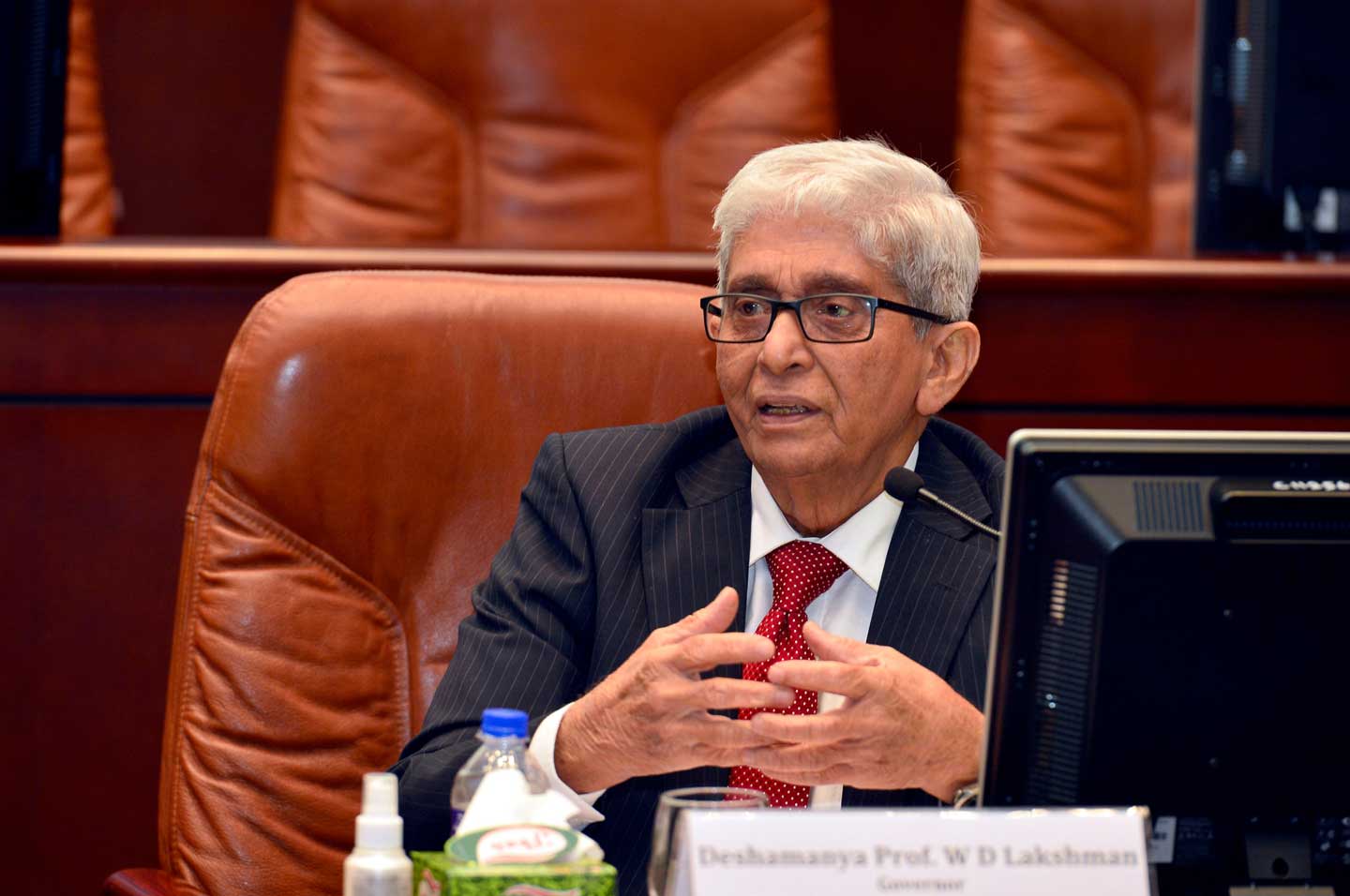BGA Senior Advisor Chullante Jayasuriya wrote an update to clients on the recent economic situation in Sri Lanka. The update addressed some of the key challenges facing the country as the economy approaches a crisis level and some signposts for clients and other interested stakeholders to watch.
Context
Sri Lanka is heading toward a severe economic crisis. External finances are perilously low, foreign debt repayments are large and weak public finances severely limit the capacity of the government to take adequate measures to alleviate escalating poverty by providing income support to prevent starvation or stimulate economic growth.
Unsuitable policies are further undermining an already weak economy amid the pandemic. The management of government revenues that were already under pressure amid Covid-19 and tax cuts has been worsened by inappropriate actions, including the sudden banning of chemical fertilizer. Key ministers have also downplayed the extent of the country’s economic situation despite realities.
Significance
If the government is unable to address the situation, the country will continue moving towards a crisis point. For instance, if Sri Lanka’s government and central bank continue to hold onto the current short-term policy measures without immediately addressing the worsening crisis in the country’s external account, the Sri Lankan rupee is likely to plummet even beyond the current exchange rates prevailing in the black market.
The worsening domestic circumstances reinforce the need for Sri Lanka to seek international assistance. There is an urgent need for the country to seek the support of the International Monetary Fund (IMF) to resolve the current crisis in the country’s external account, which has led to shortages in U.S. dollars in the country’s banking sector.
Implications
Businesses operating in Sri Lanka should be prepared for a tumultuous business environment at least through the end of 2021. The government’s ballooning current account deficit, plummeting foreign exchange reserves and drastically reduced revenue increase the risk of rapid depreciation in the Sri Lankan Rupee.
Companies should also be watchful about indications that Sri Lanka’s strained relationship with parts of the international community is hurting its economy. In addition to the risk of losing preferential access to the European Union for its readymade garments, international creditors could make good on threats to “blacklist” the Sri Lankan government.
BGA’s Sri Lanka team will continue to keep you updated on developments at home and abroad as they occur and assess the implications for companies and other stakeholders.

Senior Advisor
Chullanté‘s command of economic, political and social trends in Sri Lanka makes him a unique leader with a broad and deep network throughout the country. He has over 30 years of experience in trade and investment promotion, private sector development, policy planning implementation, management of chambers of commerce and international development cooperation. Chullanté previously served as the International Trade Centre’s national consultant to the National Export Strategy of Sri Lanka and as Sri Lanka senior technical advisor for local economic governance at The Asia Foundation. He is a United Nations Economic and Social Commission for Asia and the Pacific (UNESCAP) ...
Read More


























